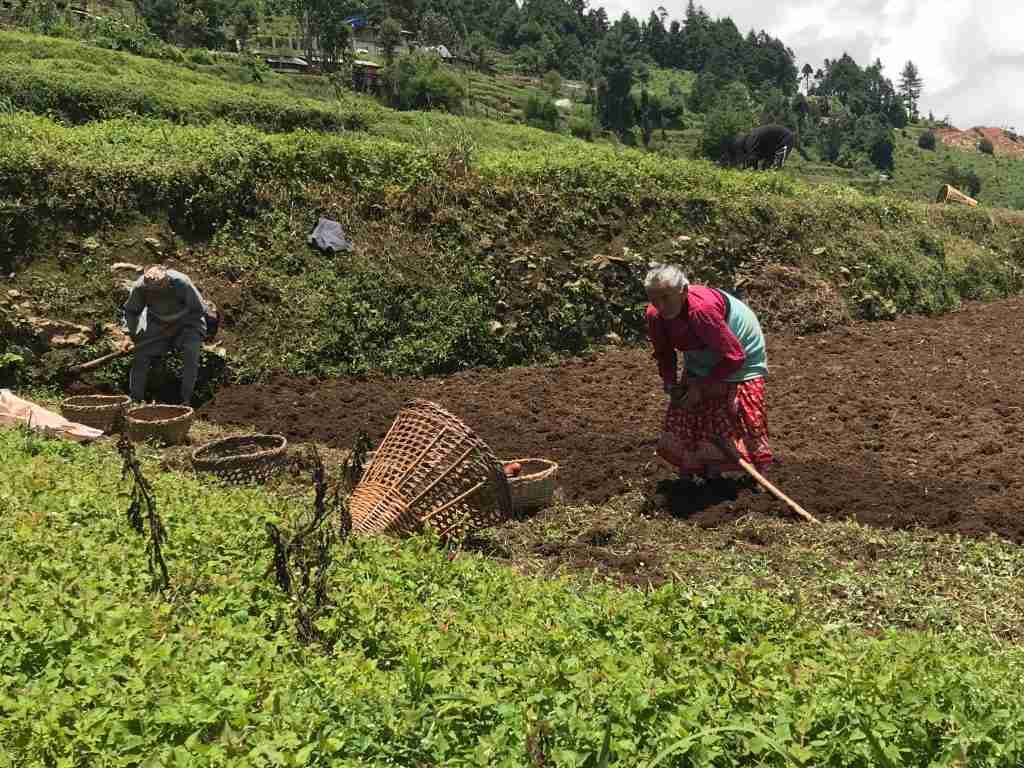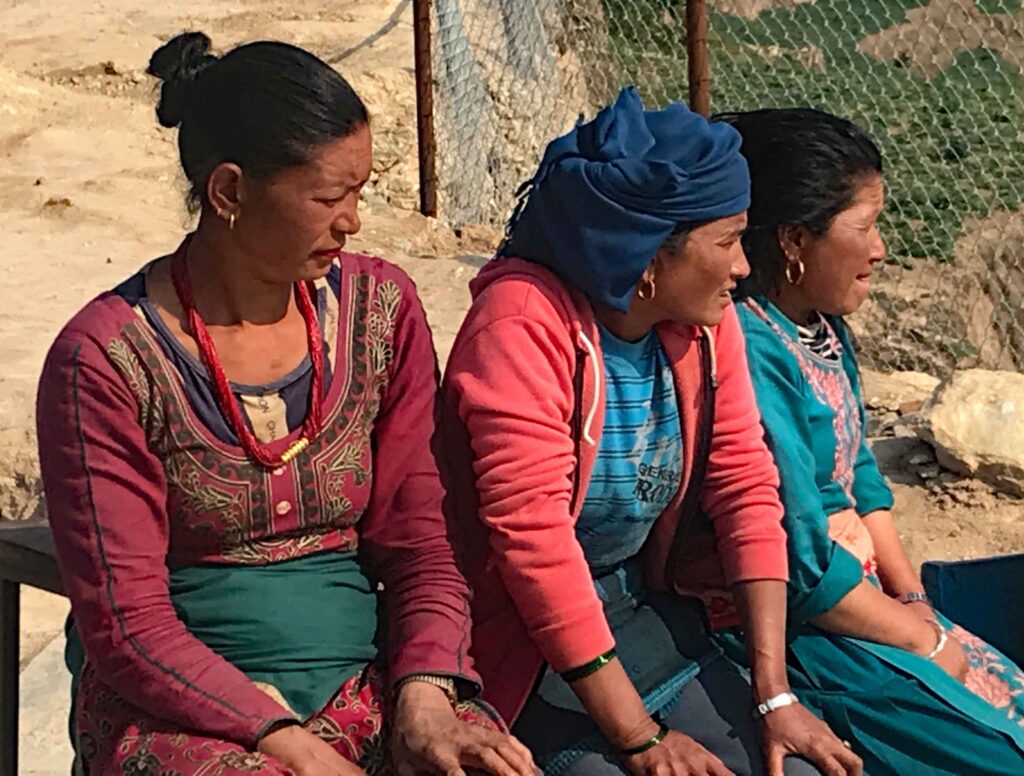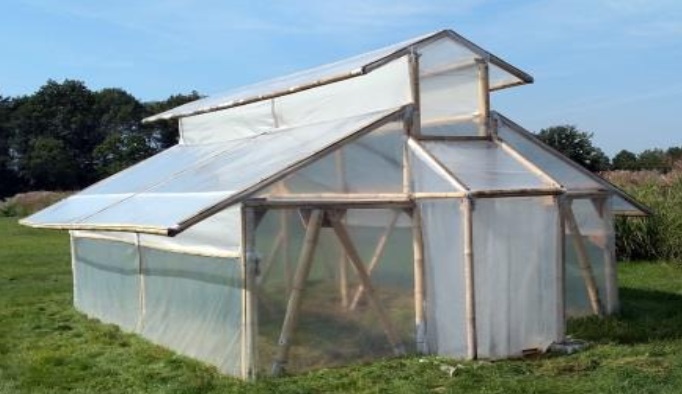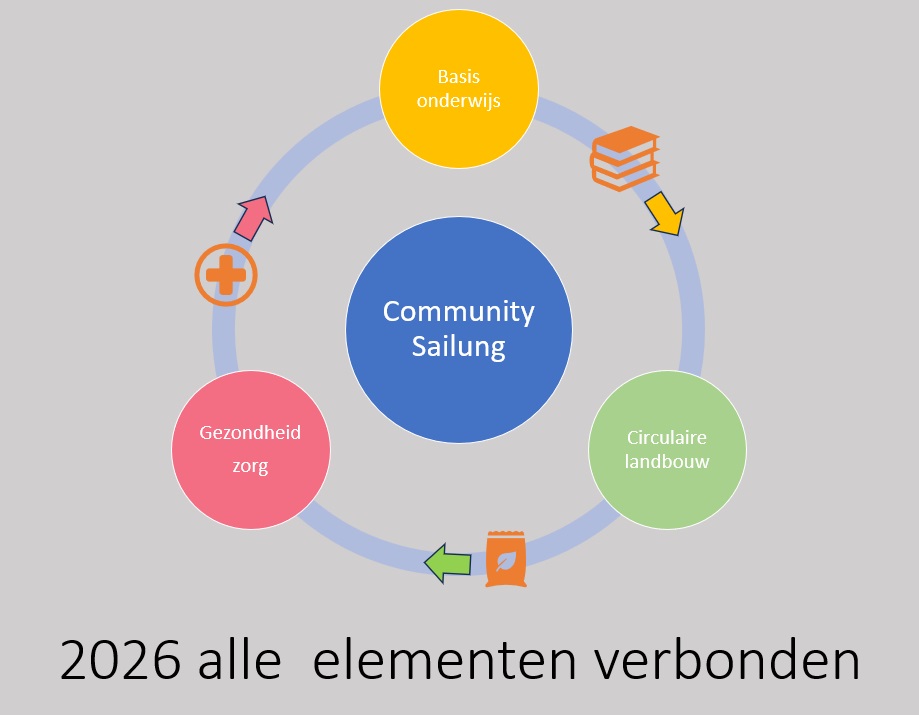The economic significance of local agriculture is great. It is therefore logical to look for ways to improve the yield, so that the economic situation grows (and therefore also the possibility that more families can pay the school contribution themselves).
Agriculture is almost the only source of income for the population and the choice of crops and cultivation methods is passed on from generation to generation. This leads to a limited variety of crops with a low production. One-sided nutrition and meager harvests are the result. It is therefore not surprising that in the discussions in Sailung modernizing agriculture emerged as a great wish. We would like to help fulfill this wish because we are convinced that sustainable agriculture forms the basis for a sustainable society and will eventually make our involvement superfluous. And that is ultimately the ultimate goal!

In 2021, the first consultation started with ISARD and Krishna Shrestha, chairman of the local development board. Like us, ISARD aims to improve the well-being of the local community. Their vision: sustainable progress starts with a strong socio-economic impulse.
What does ISARD do?
The Nepalese organization ISARD (www.isard.org.np) specializes in the development of rural communities through modernization of agriculture. With a multi-year approach, ISARD helps farmers step by step in the following ways:
Cooperation: Farmers form cooperative groups and manage their own savings funds.
Improved cultivation: They learn better crop and soil use methods, such as composting and fertilizing.
Sustainable expansion: Crop areas are increased, and tools such as greenhouses and mechanization are introduced.
The results of ISARD are impressive: not only are harvests increasing, but support among farming families is also growing.
An opportunity for 200 families
The project offers around 200 families the opportunity to receive intensive guidance in the coming years. It is striking that the approach in Nepal resembles circular agriculture, a method that is also gaining ground in the Netherlands. This uses natural resources, with less dependence on artificial fertilizers and chemical pesticides.
Project name: Sustainable Agriculture Transformation Shailung (SATSh)
For this project we are looking for support from Wilde Ganzen, Rotary clubs, companies, friends, acquaintances and interested parties.
Project for the years 2025-2026 is budgeted at €90,500
Will you help make sustainable agriculture possible in Shailung?


The SATSh program is worked out in detail. At the beginning of 2024, a delegation from the board was in Nepal to consult with various parties involved and help prepare the start.

We are in consultation with a number of sponsors, but we can certainly use your support.
For more details you can contact us at info@sailung.nl.
